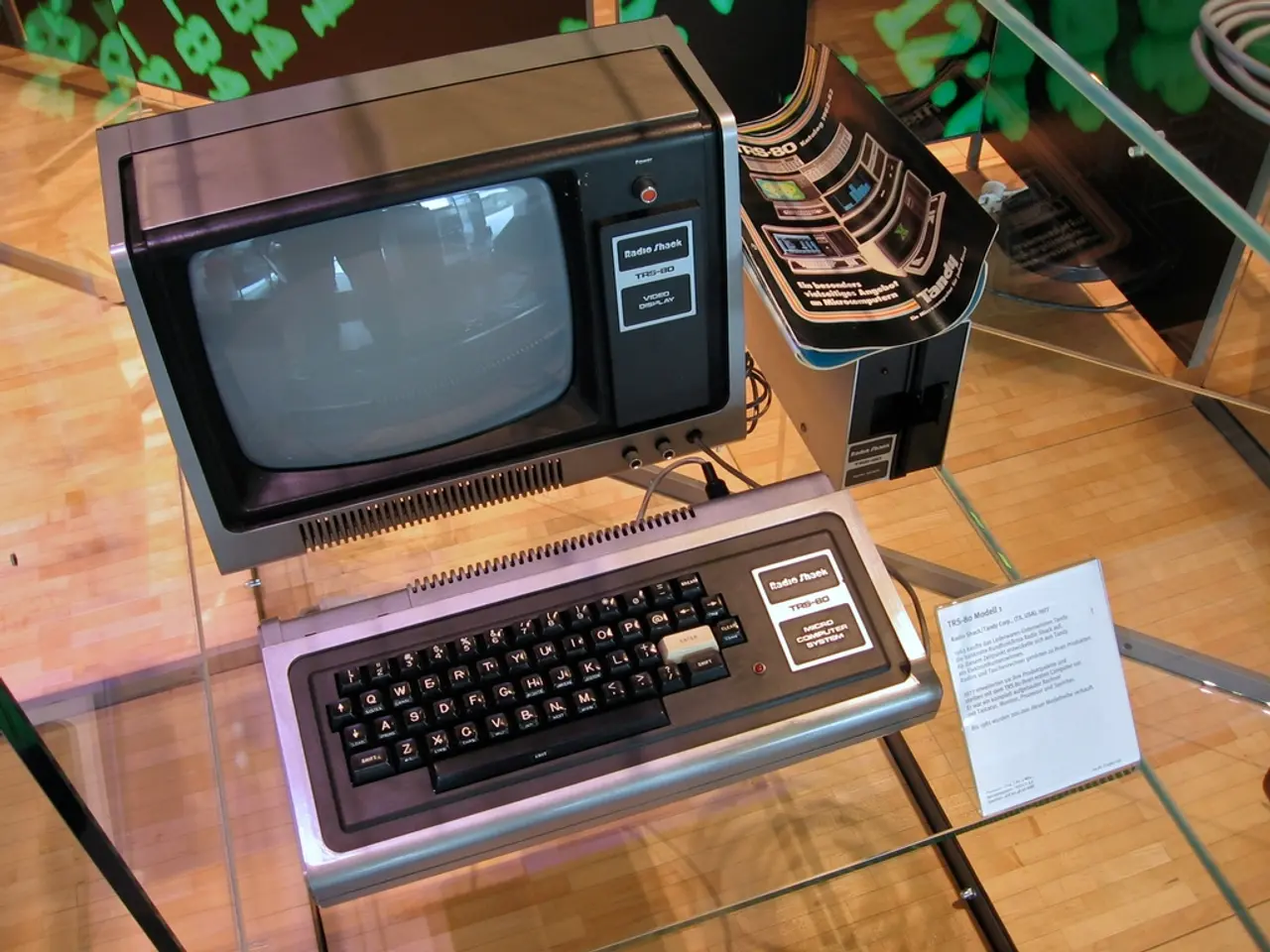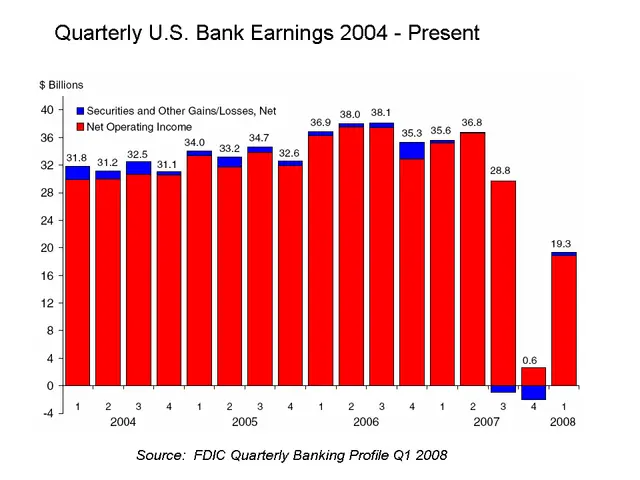Scientists develop a quantum test to verify computer performance beyond classical limits
A team of researchers at the University of Vienna has created a new way to test the performance of quantum computers. Their method checks whether these machines truly operate under quantum rules by examining a concept called macrorealism. The approach, developed by Dr. Philip Walther’s group, could help ensure that quantum computers behave as expected as they grow more powerful.
The project, led by Ben Zindorf, Lorenzo Braccini, and Debarshi Das, focuses on detecting violations of macrorealism—a theory that assumes large systems follow classical, not quantum, rules. By measuring parity (a property of quantum states), the team designed circuits that reveal when a quantum computer breaks these classical expectations. Their tests successfully identified such violations in systems with up to 38 qubits, a significant leap from earlier experiments.
The new benchmarking protocol offers a clearer way to evaluate quantum computers by focusing on fundamental quantum principles. It has already demonstrated success on systems with up to 27 qubits, with further potential for larger machines. This work could help developers build more reliable and powerful quantum hardware in the future.
Read also:
- India's Agriculture Minister Reviews Sector Progress Amid Heavy Rains, Crop Areas Up
- Sleep Maxxing Trends and Tips: New Zealanders Seek Better Rest
- Over 1.7M in Baden-Württemberg at Poverty Risk, Emmendingen's Housing Crisis Urgent
- Life Expectancy Soars, But Youth Suicide and Substance Abuse Pose Concern





